Tipper trailers are essential components in the transportation and construction industries, designed to facilitate the movement of loose materials. Whether it’s for transporting sand, gravel, or agricultural produce, these trailers play a pivotal role in enhancing operational efficiency. In this article, we delve into the intricacies of tipper trailers, examining their construction, functionality, variations, and much more.
Understanding the Structure of Tipper Trailers
1. Components of a Tipper Trailer
To appreciate what a tipper trailer is, it is essential to dissect its components:
| Component | Description |
|---|---|
| Chassis | The framework that supports all other components, typically made from high-strength steel for durability. |
| Body | The compartment where the load is held, usually constructed from robust metals to withstand heavy weights. |
| Hydraulic System | Mechanism that enables the trailer to tip or lift, consisting of hydraulic cylinders, hoses, and controls. |
| Axles | Support the weight of the trailer, providing stability during transport. |
| Wheels and Tires | Provide mobility, designed to bear heavy loads with minimal friction. |
| Kingpin | The connecting point between the trailer and towing vehicle, crucial for stability and safety. |
2. How Tipper Trailers Work
The operation of a tipper trailer is fascinating, characterized by its hydraulic lifting mechanism. When engaged, hydraulic fluid is pumped into the cylinders, causing the trailer’s body to lift and tilt at a specific angle. This action results in the controlled discharge of the material onto the ground. To better understand, consider the following workflow:
- Loading: The material is loaded onto the trailer using heavy machinery such as front-end loaders.
- Transporting: The loaded trailer is hitched to a towing vehicle, typically a heavy-duty truck, and transported to the destination.
- Discharging: Upon reaching the unloading site, the driver engages the hydraulic system to lift the trailer, allowing the material to discharge smoothly.
Types of Tipper Trailers
Tipper trailers come in various configurations, each tailored for specific applications. Understanding the differences can aid in making informed decisions when selecting the right trailer for your needs.
| Type | Description | Applications |
|---|---|---|
| Standard Tipper | The most common type, featuring a rectangular body that tips to one side or the rear. | Construction, landscaping, waste management |
| Side Tipper | Allows unloading from the side, ideal for narrow spaces. | Road construction, bulk material transportation |
| Bottom Dump | Utilizes a hydraulically-operated gate at the bottom for controlled discharge. | Mining, aggregate processing |
| Live Bottom | A conveyor system that moves material from the trailer, avoiding the need for tipping. | Recycling, asphalt transportation |
| Belly Dump | Positioned low to the ground, enabling precise unloading along the length of the trailer. | Road base preparation, equestrian arenas |

Advantages of Using Tipper Trailers
Investing in a tipper trailer brings numerous benefits that enhance productivity while ensuring safety and efficiency in operations.
Increased Efficiency
The design of tipper trailers allows for rapid loading and unloading, significantly reducing the time required to complete projects. Businesses can manage larger volumes of material more effectively, resulting in higher turnover rates.
Versatility
With various types of tipper trailers available, they can perform multiple functions across different sectors, from construction and logistics to agriculture. This versatility makes them an invaluable asset for any fleet.
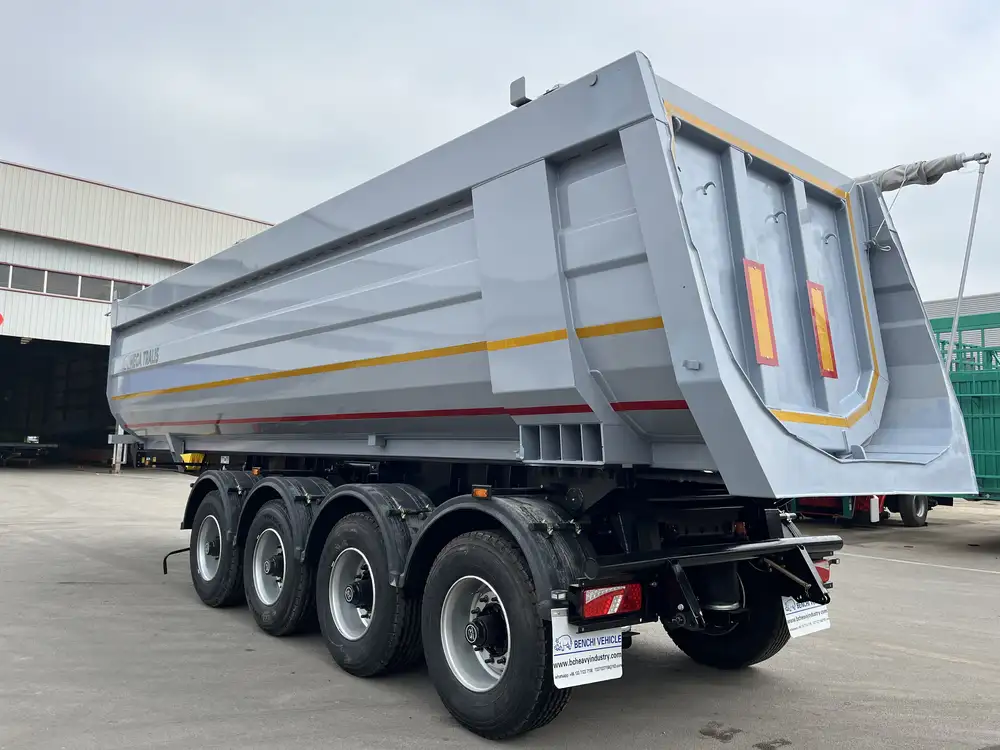
Improved Safety
Tipper trailers are engineered with safety in mind. The hydraulic systems and structural components are designed to handle the stresses of heavy loads, minimizing the risk of accidents during transport and unloading.
Common Applications of Tipper Trailers
Tipper trailers are utilized in a myriad of industries due to their functional advantages. Here are some prominent applications:
- Construction: Transporting aggregates like sand, gravel, and crushed stone to building sites.
- Mining: Moving ores and minerals, often in large quantities, from extraction sites to processing plants.
- Agriculture: Carrying crops such as grains and fertilizers from farms to storage facilities or markets.
- Waste Management: Hauling debris and waste materials to landfills or recycling centers.
Selecting the Right Tipper Trailer
Choosing the appropriate tipper trailer can be a daunting task, given the variety of options available. Here are crucial factors to consider:
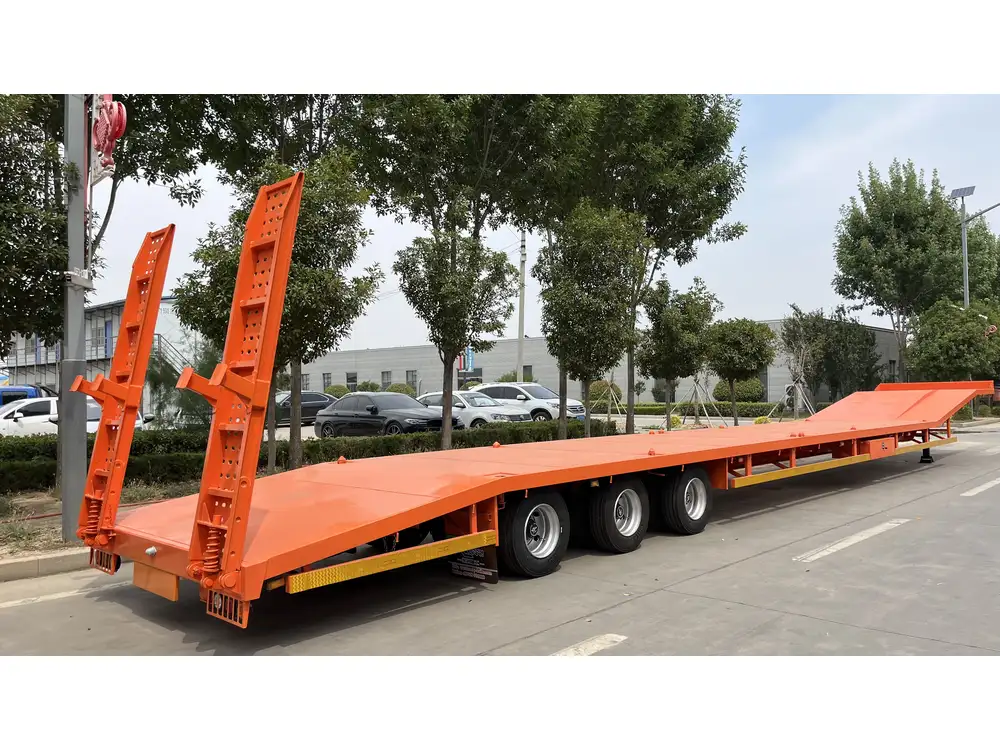
1. Load Capacity
Different trailers are built to handle varying weights. Assess the maximum load capacity required for your operations and select a trailer that meets or exceeds that requirement.
2. Material Compatibility
Consider the types of materials you intend to transport. For instance, if you are dealing with heavy aggregates, a sturdy steel-bodied trailer would be preferable.
3. Trailer Configuration
Depending on your operational needs, the choice between standard, side, or bottom dump configurations can greatly influence efficiency. Evaluate the space where unloads will occur to determine the best fit.

4. Hydraulic System Quality
The reliability of the hydraulic system is paramount for ensuring that unloading is safe and efficient. Opt for trailers with reputable hydraulic systems that are known for durability and maintenance ease.
5. Manufacturer Reputation
Investigate manufacturers with a solid track record in producing durable and effective trailers. Look for customer testimonials and reviews to gauge satisfaction and reliability.
Maintenance Tips for Tipper Trailers
To prolong the lifespan and performance of your tipper trailer, regular maintenance is essential. Here are tips to keep your equipment in top condition:
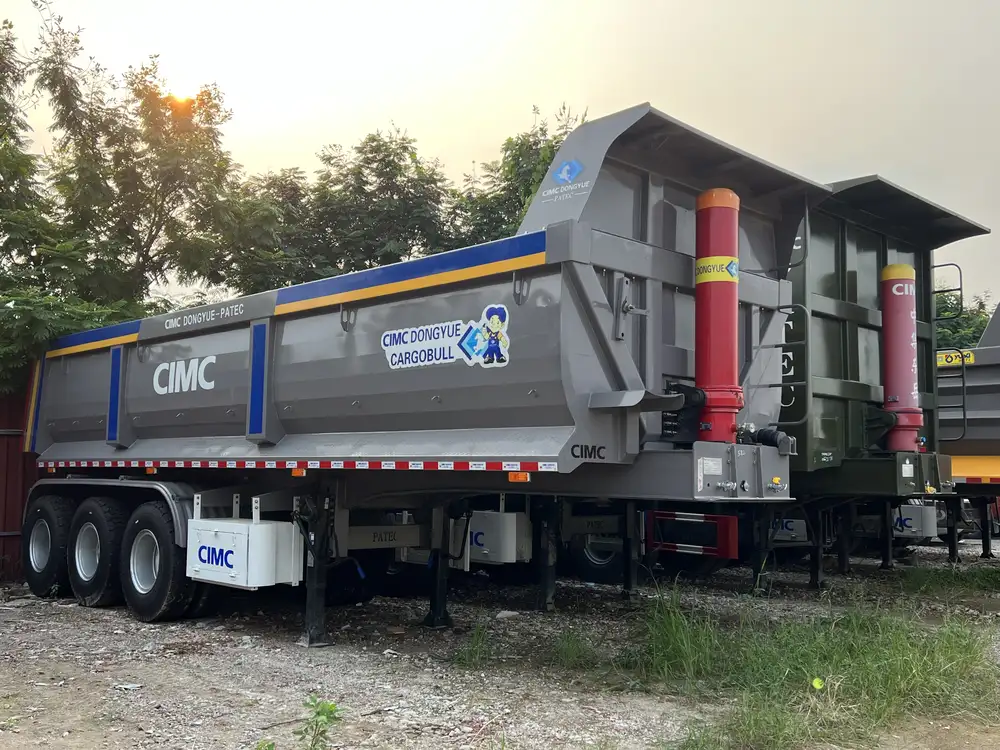
1. Regular Inspections
Conduct routine inspections for any signs of wear and tear, particularly focusing on the hydraulic system, axles, and body structure.
2. Lubrication of Moving Parts
Ensure that all moving parts are adequately lubricated, reducing friction and wear which can lead to mechanical failures.
3. Tire Maintenance
Monitor tire pressure and tread depth frequently, as improper tire maintenance can result in safety hazards and increased fuel consumption.
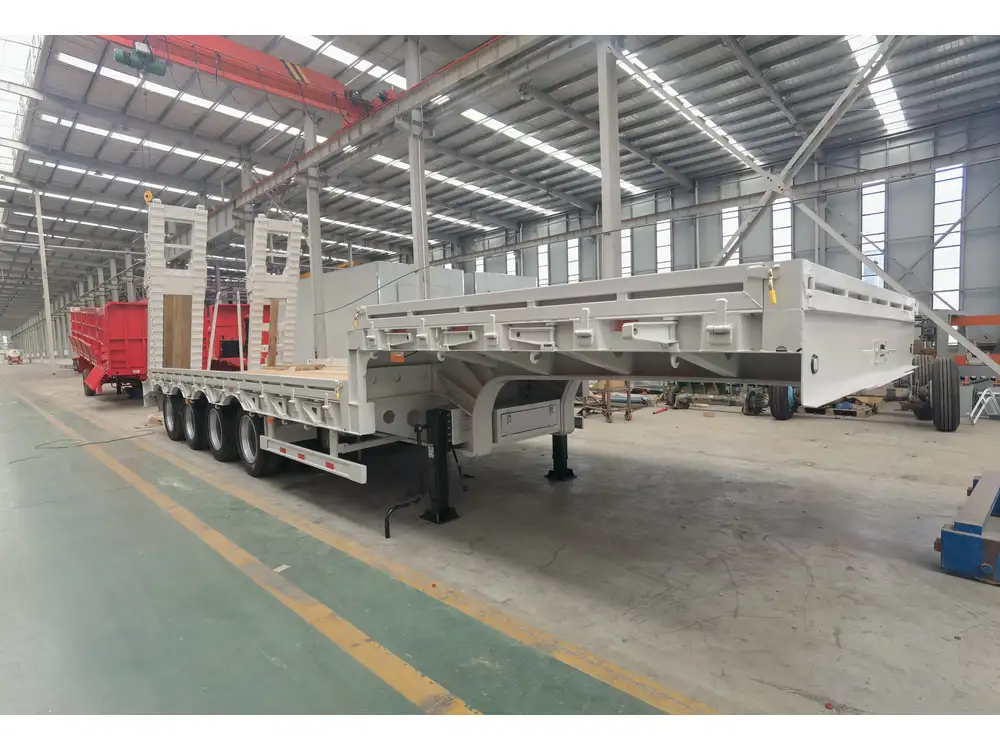
4. Cleaning After Use
Cleaning the trailer after use, especially if carrying corrosive materials, will help prevent rust and prolong its effective lifespan.
5. Professional Servicing
Schedule professional servicing periodically to resolve any potential issues that may arise from frequent use.
Future Trends in Tipper Trailer Design
The industry is evolving, and manufacturers continue to innovate in the tipper trailer space. Some emerging trends include:

1. Lightweight Materials
Using advanced materials like aluminum composites will reduce the overall weight of trailers, allowing for heavier payloads and enhanced fuel efficiency.
2. Smart Technology Integration
Incorporating GPS and telematics will enable real-time tracking and monitoring of trailers, providing better fleet management and efficiency.
3. Enhanced Safety Features
Future trailers may include improved braking systems, stability control, and better lighting to enhance road safety and operator awareness.
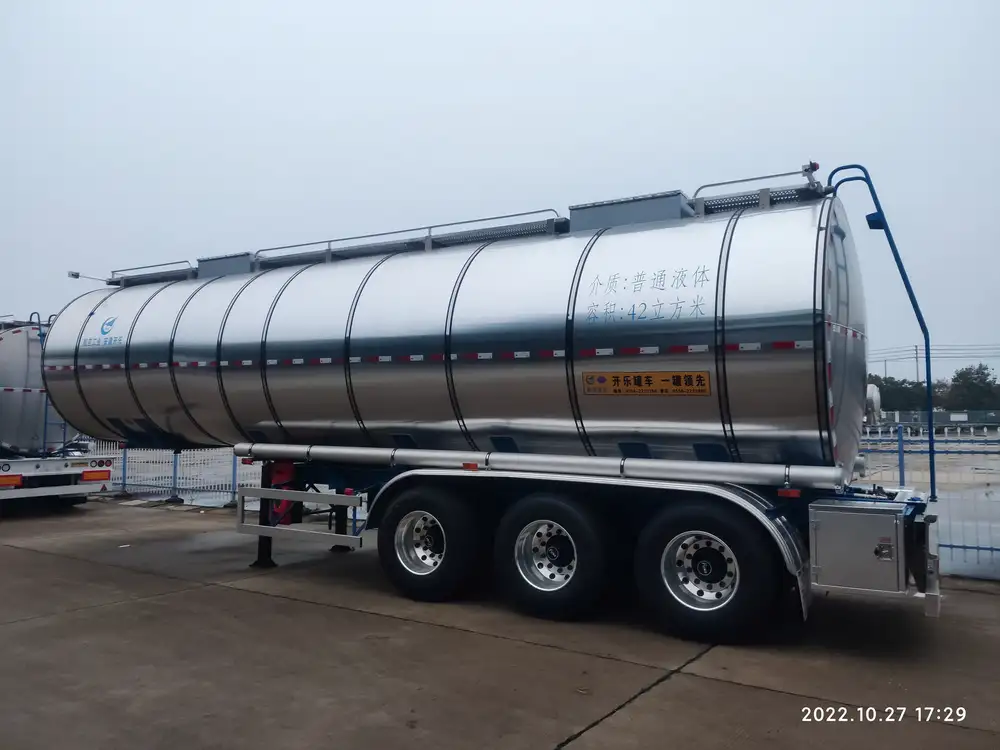
Conclusion
Tipper trailers are indispensable in modern logistics, mining, agriculture, and construction sectors. Their capacity to streamline operations, enhance safety, and provide versatility make them a vital investment for businesses relying on the transport of loose bulk materials. Understanding what a tipper trailer is, its various types, operational mechanics, and maintenance is key for any operation seeking efficiency and reliability. Whether you require a standard tipper or a specialized design, making informed choices will ensure that you maximize productivity while minimizing risks. Selecting the right trailer, paired with diligent maintenance, sets the stage for sustained success.
By comprehensively analyzing and understanding the critical aspects of tipper trailers, we equip ourselves to navigate the evolving landscape of material transport effectively. Improve your operational efficiency with the right trailer and witness the transformative impact it can have on your business ventures.



